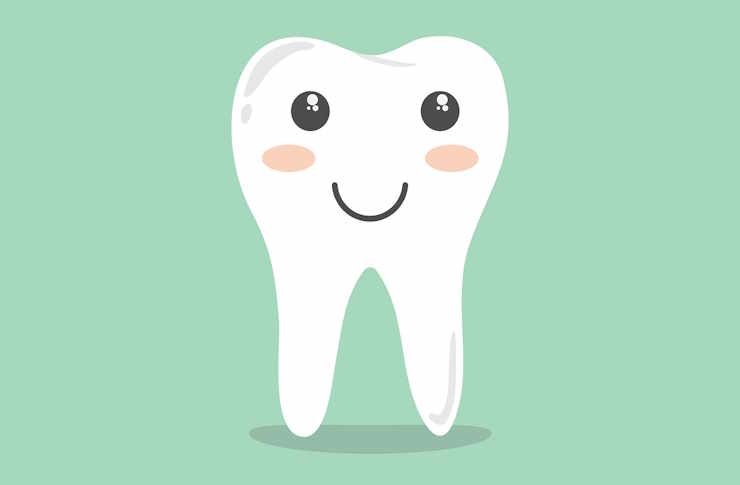Affordable Dental Implants: Exploring Clinical Trials for Cost-Effective Solutions
Clinical trials offer a valuable avenue for obtaining affordable dental implants in the United States, addressing financial barriers by providing free or reduced-cost treatments. These trials not only lower financial burdens but also enhance dental research by testing new techniques under professional supervision. Embracing this opportunity could transform the dental care landscape.

Unlocking Affordable Dental Implants Through Clinical Trials
Clinical trials serve as a gateway to affordable dental implants for qualified participants. Dental schools, research hospitals, and private research organizations regularly conduct studies to test new implant materials, techniques, and technologies. Participants in these trials often receive the dental implant procedure at little to no cost in exchange for their participation in the research study. These trials are strictly regulated by ethics committees and institutional review boards to ensure patient safety.
The financial benefits can be substantial—a complete dental implant procedure that might normally cost $4,500 could be provided at no charge or at a significantly reduced rate. Additionally, participants generally receive comprehensive follow-up care as researchers monitor the implant’s performance over time, representing further value beyond the initial procedure.
How to Participate in Dental Implant Trials
Finding and qualifying for dental implant clinical trials requires strategic effort and persistence. Start by researching ongoing studies through the National Institute of Dental and Craniofacial Research (NIDCR) website or ClinicalTrials.gov, which maintains a comprehensive database of clinical studies across the United States. Dental schools affiliated with major universities also frequently conduct implant research and are worth contacting directly.
The qualification process typically involves a screening appointment where researchers assess whether you match their specific criteria. These criteria might include your overall health status, the condition of your jawbone, oral health history, and the specific type of tooth replacement needed. While not everyone will qualify for every study, the variety of ongoing research means many patients can find appropriate trials if they search diligently.
Additional Avenues for Cost-Effective Dental Implants
Beyond clinical trials, several other approaches can help reduce dental implant costs. Dental schools offer supervised procedures by students at 30-50% lower rates than private practices. Some dentists provide sliding scale fees based on income or payment plans that spread costs over time without interest. Dental tourism—traveling to countries with lower healthcare costs like Mexico, Costa Rica, or Thailand—represents another option, though it requires careful research to ensure quality care.
Dental discount plans, distinct from insurance, can provide 15-60% savings on implant procedures through membership networks. Additionally, some dental offices may offer reduced rates for patients willing to participate in dental student training or allow their procedure to be filmed for educational purposes.
The Role of Insurance and Medicaid in Dental Implant Costs
Traditional dental insurance often provides limited coverage for implants, typically classifying them as cosmetic procedures rather than medically necessary treatments. However, this landscape is gradually changing as more insurance companies recognize the long-term health benefits of dental implants. Some plans now offer partial coverage, paying for portions of the procedure such as the crown or a percentage of the total cost.
Medicaid coverage for dental implants varies significantly by state. While most state Medicaid programs do not routinely cover implants, exceptional circumstances may qualify for coverage—particularly when tooth loss results from trauma, cancer, or congenital conditions. Medicare generally does not cover dental implants unless they’re part of a medically necessary reconstructive procedure following injury or disease.
| Provider Type | Average Cost Reduction | Eligibility Requirements | Notable Considerations |
|---|---|---|---|
| Clinical Trials | 70-100% | Must meet specific research criteria | Limited availability; may use experimental techniques |
| Dental Schools | 30-50% | Open to most patients | Longer treatment times; supervised students perform work |
| Dental Discount Plans | 15-60% | Membership fee ($80-200/year) | Pre-negotiated rates with network dentists |
| Medical Insurance | Varies | Must demonstrate medical necessity | Often requires extensive documentation |
| Hospital Charity Care | 30-100% | Income-based qualification | Limited to participating hospitals |
Prices, rates, or cost estimates mentioned in this article are based on the latest available information but may change over time. Independent research is advised before making financial decisions.
Why You Should Learn More About Dental Implant Trials Today
Dental implant clinical trials offer a win-win proposition: researchers advance dental science while participants receive cutting-edge treatment at reduced costs. Beyond the financial benefits, participating in clinical trials means receiving care from specialists who are often leaders in their field. These experts utilize the latest technologies and techniques, potentially resulting in better outcomes than standard treatments.
The comprehensive follow-up care provided in clinical trials represents another advantage, as researchers closely monitor implant performance and address any complications promptly. For many participants, there’s also satisfaction in contributing to scientific advancement that will benefit future patients. With dental implants increasingly recognized as the gold standard for tooth replacement, exploring clinical trials offers a practical pathway to this premium treatment option without the premium price tag.
This article is for informational purposes only and should not be considered medical advice. Please consult a qualified healthcare professional for personalized guidance and treatment.




